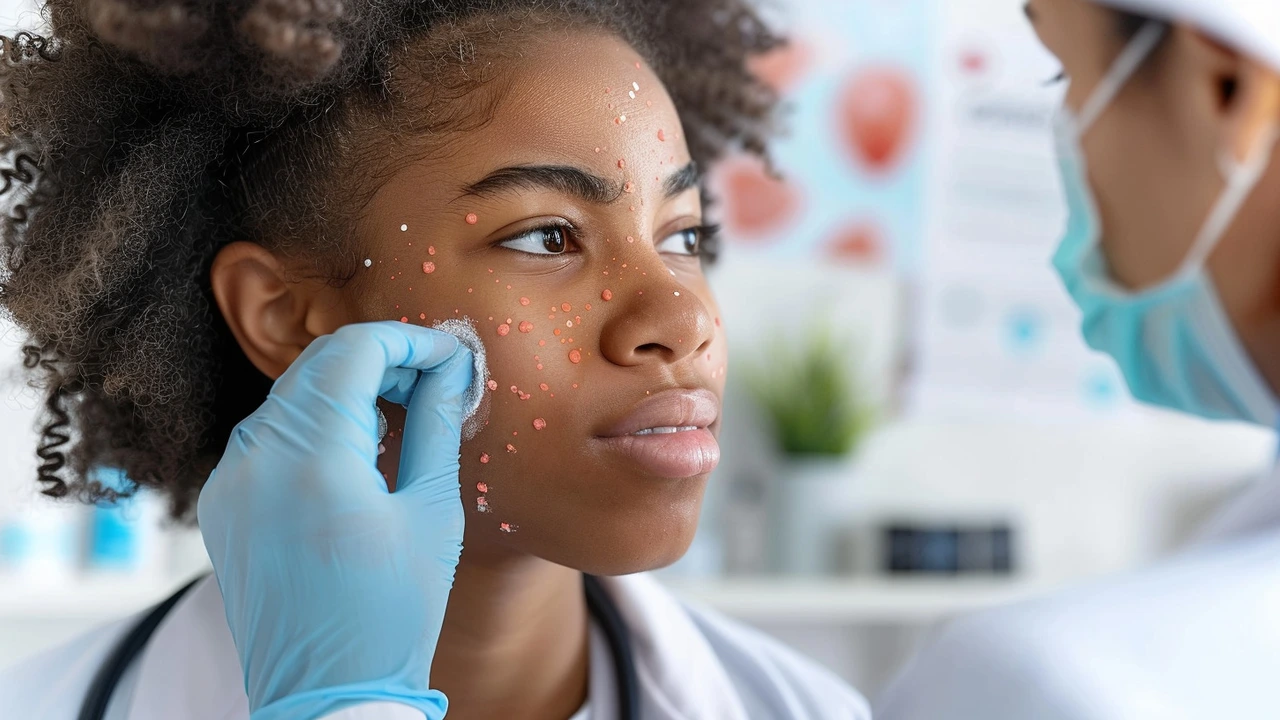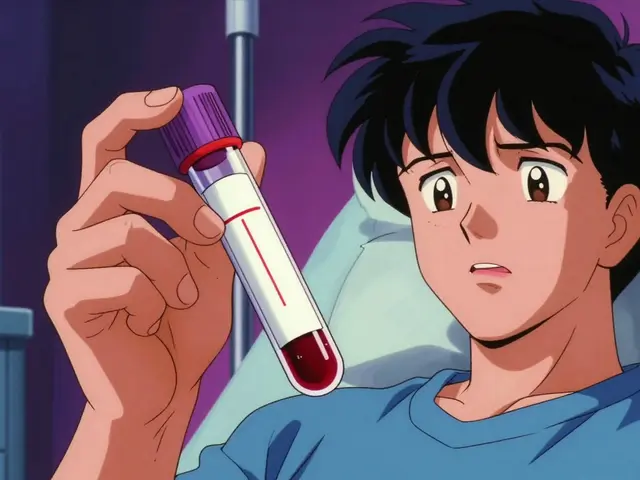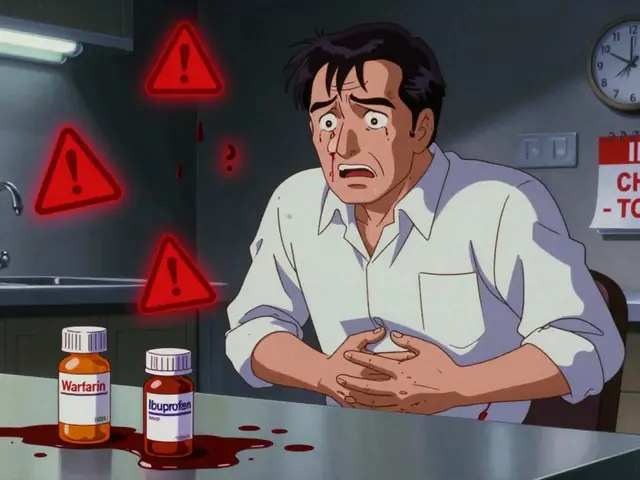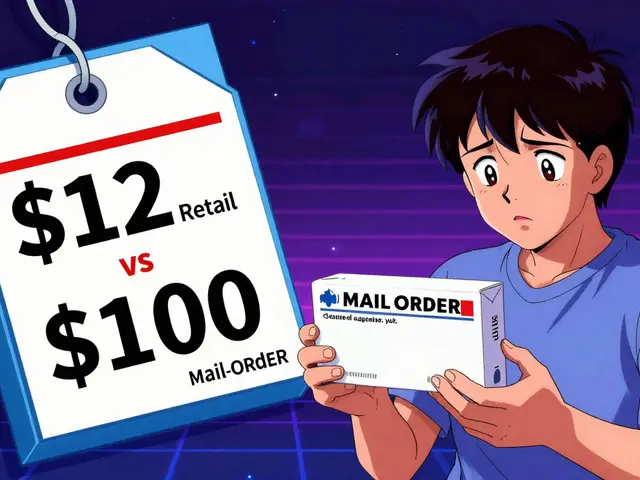Skin care: practical tips, safe product picks, and smart buying
Want skin that looks healthy without wasting time or money? This tag page gathers quick, useful guides about skin-friendly ingredients, safe routines, and how to buy skin medications or supplements online without getting burned. Read these short, practical pieces if you want straightforward steps you can use today.
Simple routine that actually works
Start with three things: cleanse, treat, and protect. Cleanse once or twice daily with a gentle, fragrance-free cleanser. Treat specific problems—acne, dryness, or redness—with targeted actives: benzoyl peroxide or salicylic acid for acne, hyaluronic acid and ceramides for dry skin, niacinamide for redness and texture. Finish mornings with a broad-spectrum SPF 30+ sunscreen. At night keep it simple: a mild cleanser, your treatments, and a moisturizer. Patch test any new product on your inner forearm for 48 hours before using it on the face.
Know the ingredients and common mistakes
Look for proven ingredients, not trendy names. Retinoids (retinol, tretinoin) help with wrinkles and acne but start slowly and use sunscreen. Hyaluronic acid hydrates without grease. Niacinamide calms and evens tone. Avoid products with alcohol, heavy fragrances, or harsh sulfates if your skin is sensitive. Don’t mix strong actives without guidance—retinoids plus high-strength vitamin C or benzoyl peroxide can irritate. If a product promises instant miracles, be skeptical—real improvement takes weeks.
Buying skin medications online? Get the basics right. Prescription creams or oral meds should come from a licensed pharmacy and usually require a prescription. Check for clear contact info, a verified pharmacy license, secure checkout (https), and real customer reviews. Avoid sites that ship prescription meds without a prescription or offer dramatically lower prices with no credentials. If a product looks counterfeit (weird packaging, missing batch numbers, strange pills), stop and contact a pharmacist.
Supplements and herbal options pop up a lot. Things like Gotu Kola and certain plant extracts can support skin health, but they’re not replacements for sunscreen or medical treatment. Look for third-party testing and follow recommended doses. If you take other medicines, ask a pharmacist about interactions before adding any supplement.
When to see a pro? If you have sudden rashes, painful acne cysts, open sores, spreading redness, or signs of infection (pus, fever), see a doctor. For persistent issues like adult acne, rosacea, or suspected allergic reactions, a dermatologist can help with prescription options and procedures that over-the-counter products won’t fix.
Ready to explore? Check our tag posts for practical how-tos and buying tips: Gotu Kola for skin benefits, Cyclamen supplements, Valtrex savings for viral skin outbreaks, Prelone info on steroid use, and guides on safe online pharmacies. Use these reads to make better choices—whether you want a cleaner routine, safer online purchases, or a smarter product mix.





